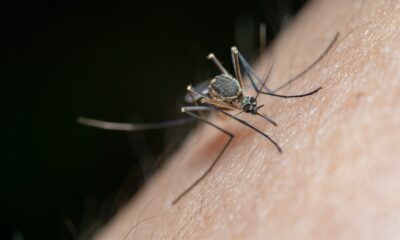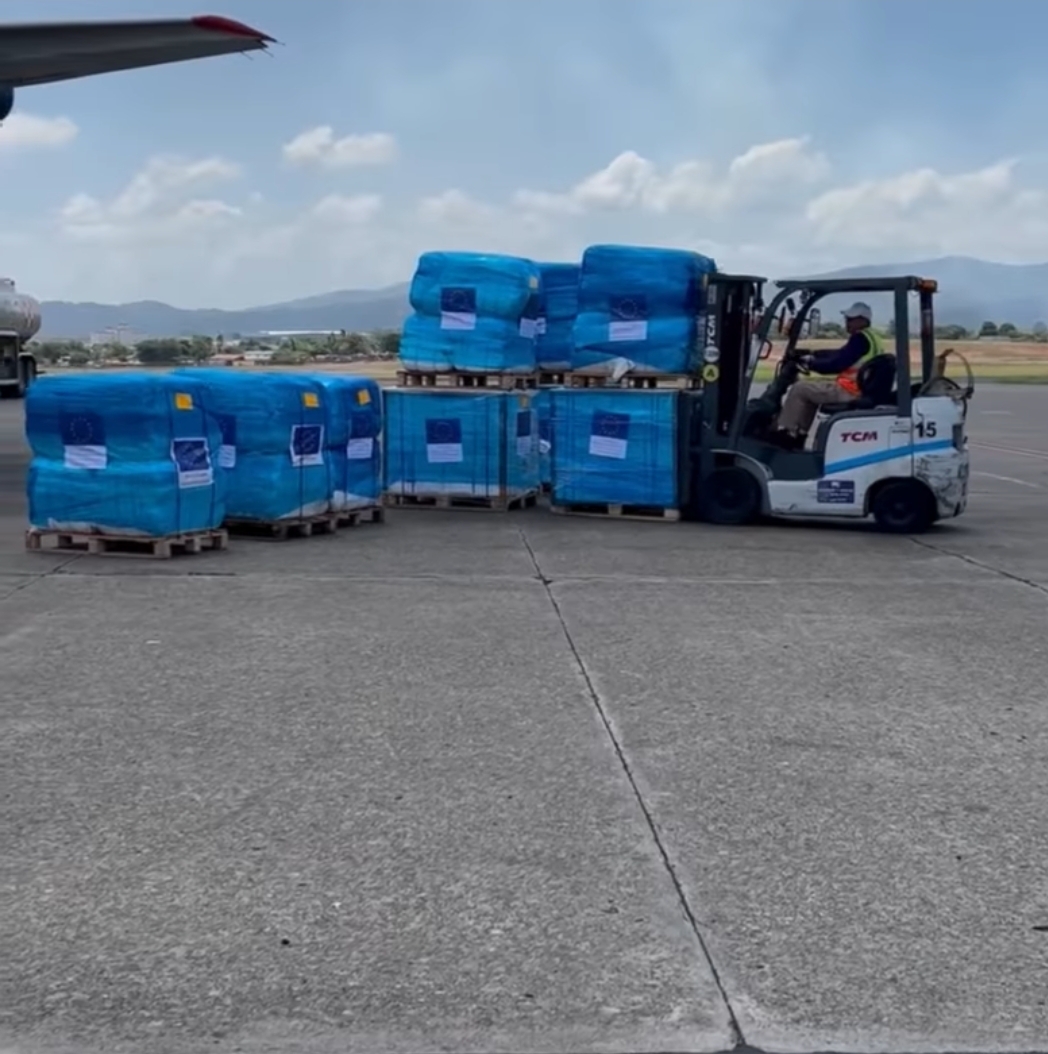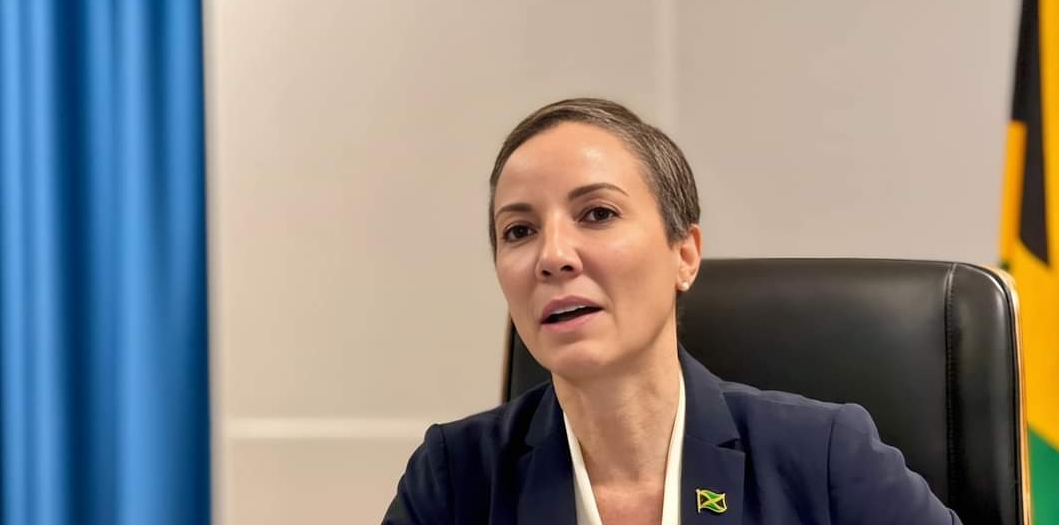Caribbean News
Jamaica declares DENGUE OUTBREAK; control measures amped up
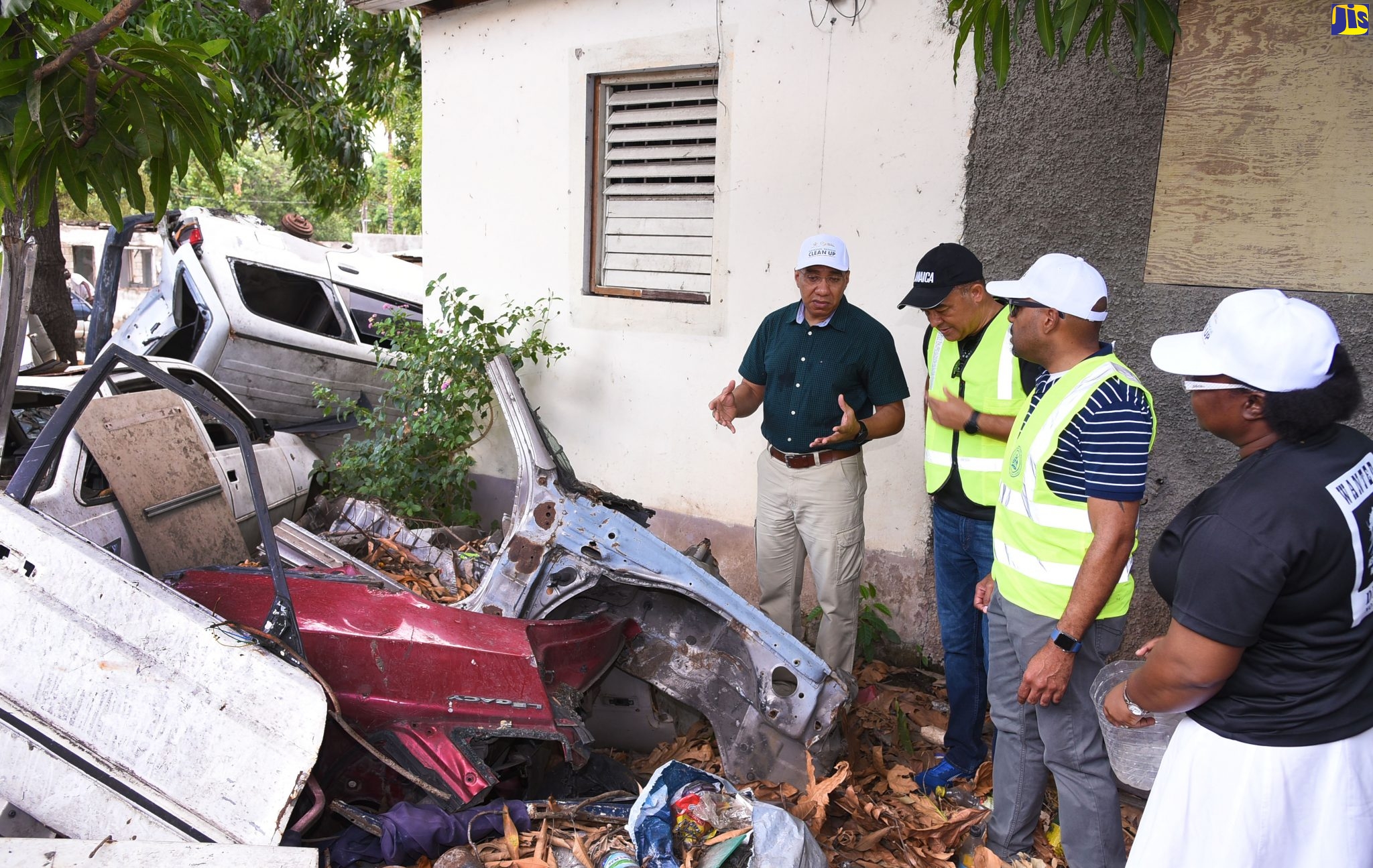
Caribbean News
Haiti- ECHO humanitarian efforts
Caribbean News
Dominica repeals laws criminalizing gay sex
Caribbean News
Jamaica recognizes Palestine
-

 TCI News1 week ago
TCI News1 week agoExperience Turks and Caicos and Ministry of Tourism explore development of Cruise industry at Seatrade Global Cruise Conference
-

 Latin America and Caribbean5 days ago
Latin America and Caribbean5 days agoRegional SDGs Update
-

 Caribbean News1 week ago
Caribbean News1 week agoUN Security Council fears further conflict between Guyana and Venezuela
-

 Crime6 days ago
Crime6 days agoFollowing Court ruling, US Embassy Doubles Down on Warning: DO NOT TRAVEL TO TCI WITH GUNS, AMMO
-
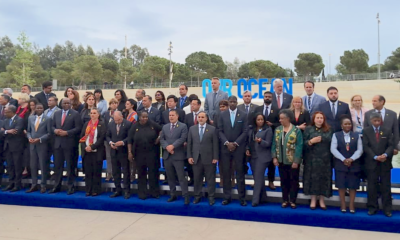
 Bahamas News5 days ago
Bahamas News5 days agoEnvironment State-Minister updates ‘Our Ocean’ forum on The Bahamas as SIDS leader in sustainable tourism
-

 Caribbean News1 week ago
Caribbean News1 week agoU.S. VIRGIN ISLANDS SHINES AS A PREMIER DESTINATION AT THE 2024 SEATRADE CRUISE GLOBAL CONFERENCE
-
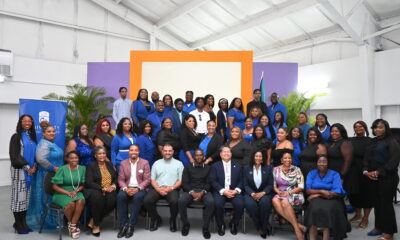
 Bahamas News4 days ago
Bahamas News4 days agoPacesetting Cohort of Eleuthera Residents Graduate from Leading Light Programme
-

 Caribbean News6 days ago
Caribbean News6 days agoRBC appoints new Head of Caribbean Banking


